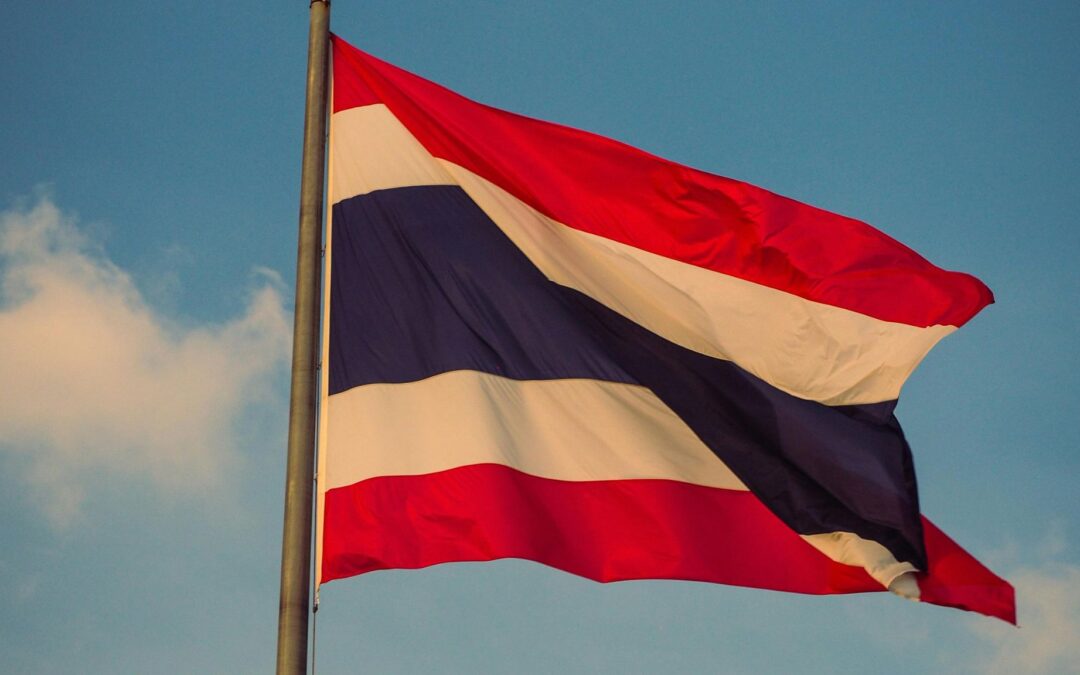

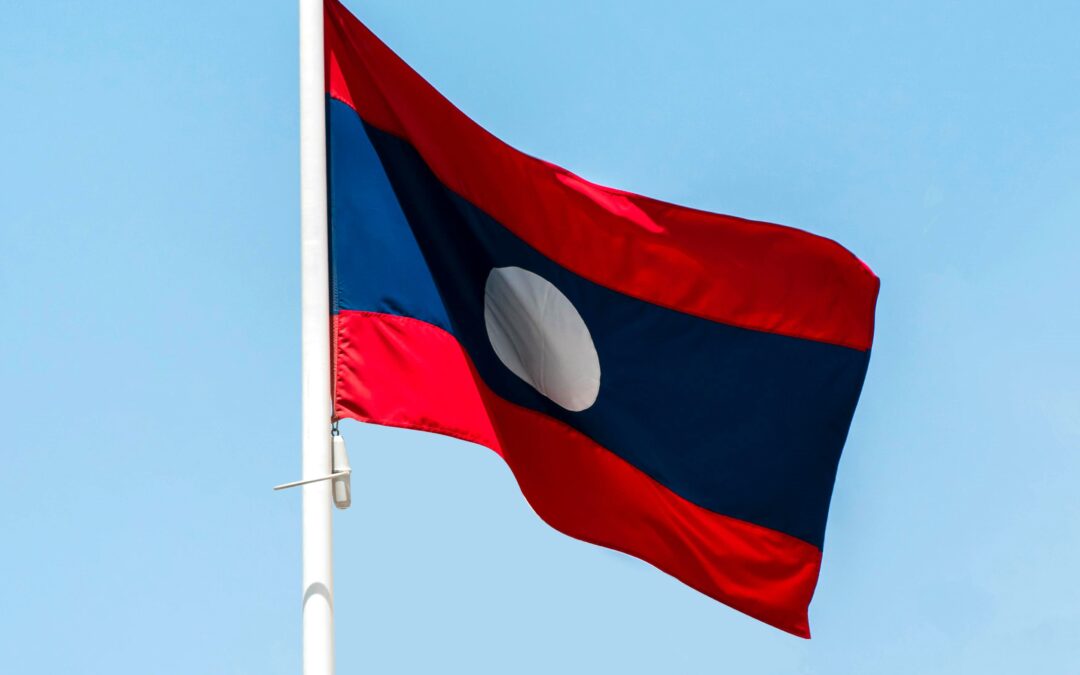
Lao PDR: ICJ and its partners draw attention to concerns about the country’s human rights record in advance of the Universal Periodic Review (UPR)
On 11 October 2024, the ICJ filed two submissions to the UN Human Rights Council Working Group on the Universal Periodic Review (UPR) in advance of Lao PDR’s human rights review scheduled for April/May 2025. In a joint submission by the ICJ, the Extra-Territorial...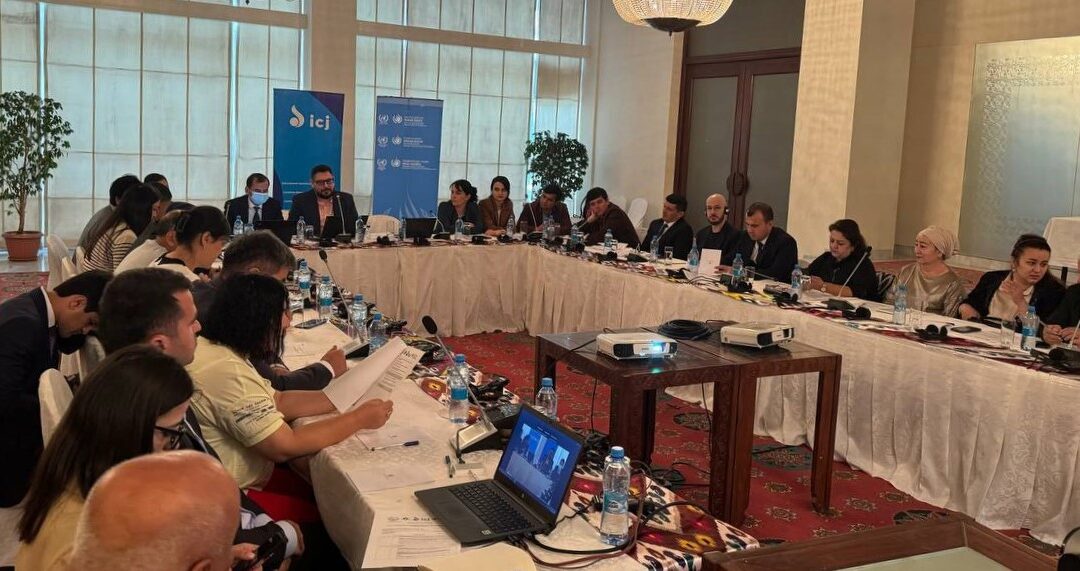
Tajikistan: Judicial roundtable considers means to strengthen fair trial and human rights protections
The International Commission of Jurists (ICJ) convened a roundtable in Dushanbe, entitled “The Role of an Independent Court in Ensuring a Fair Trial,” aimed at advancing core rule of law concerns within Tajikistan’s judiciary, with a special focus on judicial...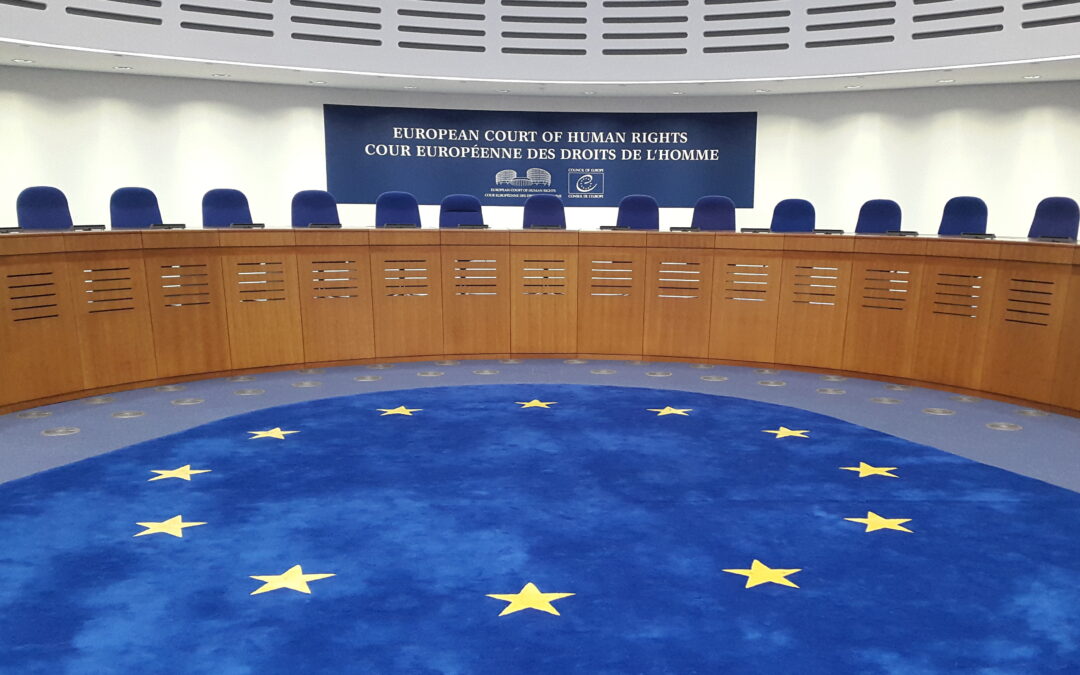
ECtHR: ICJ and partners intervene in two cases regarding pushbacks and collective expulsions of asylum seekers at EU-Belarus borders
On 30 September 2024, the International Commission of Jurists (ICJ) and its partners intervened before the Grand Chamber of the European Court of Human Rights (ECtHR) in two cases related to the treatment of asylum seekers at the European Union’s borders with Belarus.
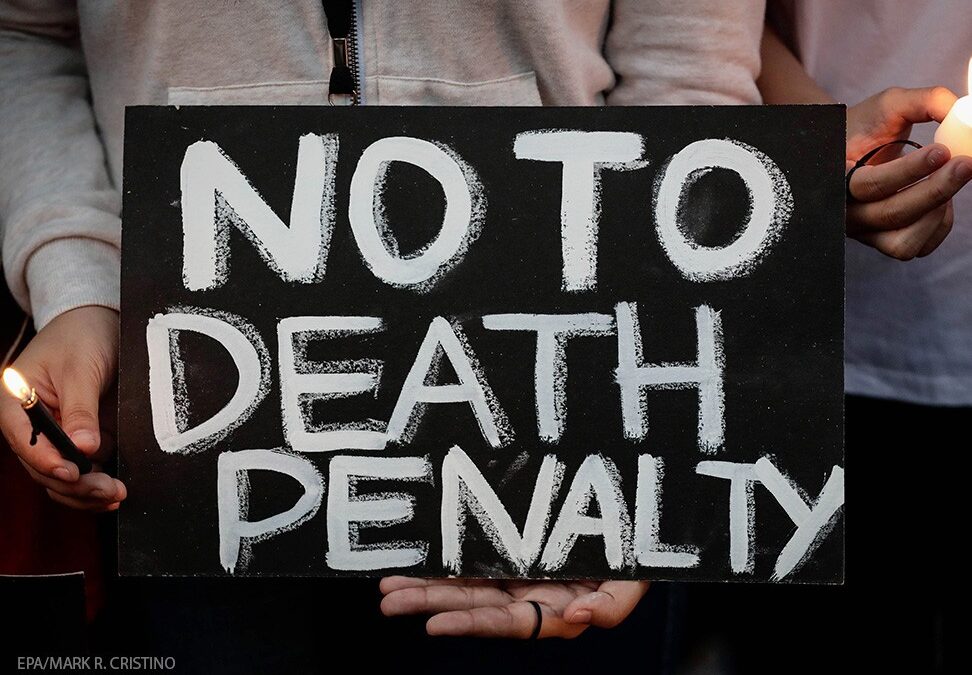
Joint Statement calling for the universal abolition of the death penalty
As representatives of the profession of lawyer in various parts of the world, committed to the promotion and protection of human rights and the rule of law, the undersigned organisations join voices in a unified call for the universal abolition of the death penalty, recognising the inherent dignity of every individual and the fundamental right to life.
